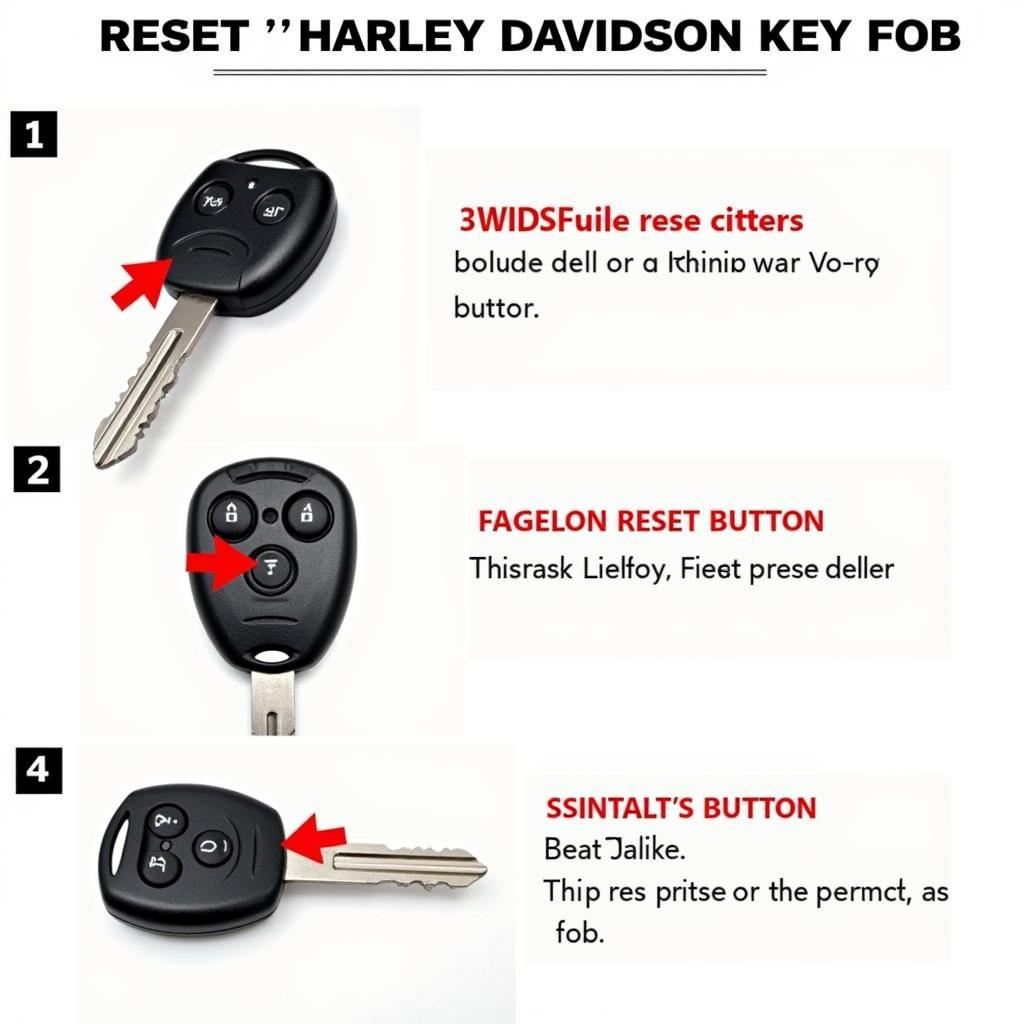A blaring car alarm isn’t just annoying – it’s often a cry for help from your vehicle’s anti-theft system. But what exactly triggers this sudden outburst? Understanding the reasons behind a false alarm can save you headaches and unnecessary trips to the mechanic. Let’s delve into the common culprits and learn how to silence those jarring sirens for good.
Common Reasons Your Car Alarm Keeps Going Off
Here’s a breakdown of why your anti-theft system might be overreacting:
1. Weak or Dying Car Battery:
The most frequent offender is a weak car battery. Your anti-theft system needs a consistent power supply to function correctly. A low battery sends mixed signals, confusing the system into thinking someone’s trying to hotwire your car.
Expert Insight: “Many car alarm systems rely on voltage sensors. A sudden drop in voltage, like when a weak battery struggles to power up, can be misinterpreted as an intrusion attempt.” – Dr. Emily Carter, Automotive Electrical Systems Engineer (fictional)
2. Faulty Hood Latch, Door Sensors, or Trunk Sensors:
A faulty sensor is like a tripped alarm wire, constantly signaling danger when there is none. Worn-out wiring, corrosion, or even a misaligned sensor can make your system overly sensitive, setting it off with the slightest vibration.
3. Malfunctioning Key Fob:
Your key fob is the key (literally!) to disarming your alarm. A dying battery, internal damage, or even software glitches within the fob can disrupt the signal, making your car think someone’s trying to unlock it without permission.
4. Faulty Alarm Control Module:
Consider this the brain of your anti-theft system. If the control module malfunctions due to electrical issues, water damage, or simply wears out, it can send false alarms or fail to disarm properly.
How to Diagnose an Anti-Theft Alarm Problem:
Pinpointing the exact cause requires a bit of detective work:
- Check the Obvious: Start with the basics – ensure all doors, the hood, and the trunk are securely closed. Test your key fob by locking and unlocking the car from a distance.
- Inspect the Battery: Visually examine the battery terminals for corrosion. If you have a multimeter, check the battery’s voltage. A reading below 12 volts usually indicates a weak battery.
- Listen Closely: When the alarm goes off, pay attention to the sound. Does it chirp differently depending on the triggered sensor? This can narrow down the source of the problem.
Fixing the Issue: What are Your Options?
- DIY Fixes: For simple issues like a weak battery or misaligned sensor, you might be able to tackle the repair yourself. Battery replacement is relatively straightforward, while sensor adjustments might require some mechanical know-how.
- Professional Help: For complex problems involving wiring, control modules, or software issues, seeking professional help is recommended.
FAQs About Car Alarm Issues
Q: Can extreme weather trigger my car alarm?
A: Yes, extreme temperatures can affect the sensitivity of sensors and even impact the car battery’s performance, potentially leading to false alarms.
Q: Can I temporarily disable my car alarm if I can’t fix it immediately?
A: While possible, it’s not recommended. Disabling the alarm leaves your vehicle vulnerable to theft.
Q: How much does it cost to fix a car alarm issue?
A: The cost varies depending on the problem’s complexity. A simple battery replacement might cost around $100, while a faulty control module replacement could reach upwards of $500.
Need Help Diagnosing and Fixing Your Car Alarm Issues?
Experiencing persistent car alarm problems? Consider using Cardiagtech’s advanced diagnostic tools to pinpoint the root cause. We offer a range of solutions to help you get to the bottom of those frustrating false alarms.
For more in-depth guides on troubleshooting and resetting anti-theft systems, check out these resources:
- How to Reset Anti-Theft System on 2004 Ford Explorer
- How to Turn Off Anti-Theft System on Honda CRV
- How to Turn Off Anti-Theft Lock on Car
Remember, a properly functioning anti-theft system provides valuable peace of mind. Don’t ignore those persistent chirps and sirens. Take action to diagnose the issue and silence those false alarms for good. Contact CARDIAGTECH today, and let our experts help you restore security and tranquility to your drive.


